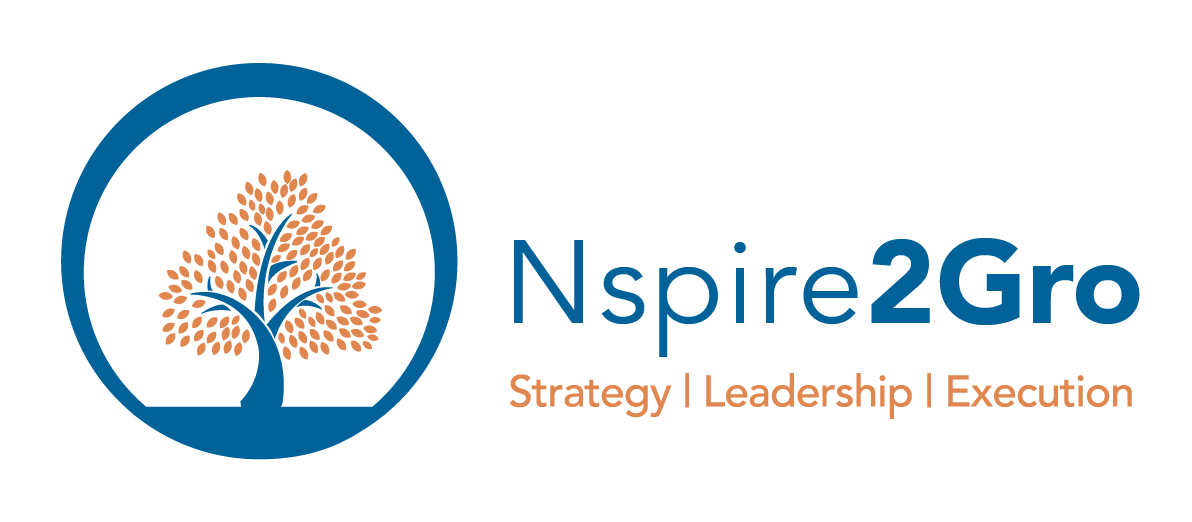Scaling a business is a thrilling yet challenging journey. It’s the stage when a company is no longer just getting by, but looking to expand, build a stronger market presence, and drive long-term success. However, many growing businesses find themselves hitting a frustrating growth ceiling, unable to move past a certain point despite their best efforts. This growth plateau is often the result of a few critical issues that, if not addressed, can stunt a company’s potential and hinder its ability to scale.
The most common challenges businesses face as they scale are alignment, accountability, and execution. These three areas are interwoven and, when neglected, can lead to inefficiency, confusion, and missed opportunities. Let’s dive deeper into these challenges and understand how they prevent businesses from reaching their full potential.
1. Alignment: Teams Operating in Silos
As businesses grow, so do the number of teams and departments within the organization. While this growth is a sign of success, it often leads to one of the biggest hurdles that many companies face: lack of alignment.
When teams grow in size, it’s easy for them to operate in silos. Each department may have its own objectives, processes, and even a unique culture. Without a cohesive system to align everyone under the same vision, communication becomes inconsistent, and decision-making can become fragmented. This leads to misunderstandings, missed opportunities, and even internal conflict between teams that should be working together toward the same business goals.
In a business with strong alignment, everyone—from top-level executives to entry-level employees—understands the company’s overarching objectives. They know how their specific role contributes to these goals and how they can collaborate with other teams to achieve success. Without this clarity, businesses risk stagnating as teams work independently, rather than as a unified force driving the company forward.
2. Accountability: The Absence of Clear Systems
As companies expand, accountability becomes more critical than ever. In smaller organizations, accountability often happens organically—leaders and teams communicate frequently, and there’s a natural flow of responsibility. However, as companies grow, these informal structures break down. Without clear systems in place, accountability starts to slip through the cracks, and employees can become unclear on their specific roles and responsibilities.
The absence of accountability is a recipe for failure. Without defined systems, employees might not be held accountable for their goals and commitments. Teams may miss deadlines, execute tasks poorly, or fail to meet performance standards without anyone noticing until it’s too late. This can lead to a breakdown in trust within teams and, ultimately, a decline in morale and productivity.
In businesses with strong accountability, every team member understands their responsibilities and is held accountable for the outcomes. Clear systems for performance tracking and feedback ensure that everyone is working toward measurable results. This accountability fosters a culture of responsibility, where employees know what’s expected of them and take ownership of their work, helping the business to scale smoothly.
3. Execution: Lack of Structured Frameworks
The final piece of the puzzle that often holds businesses back from scaling is execution. Even if a company has a clear strategy in place, it’s not enough for success. A lack of structured frameworks for execution can lead to missed deadlines, disjointed initiatives, and failure to achieve the desired outcomes.
Scaling a business requires leaders and teams to not only have a strategy but also a clear, repeatable framework for execution. Without such a framework, teams may struggle to implement their ideas effectively. Strategies may be launched with enthusiasm, only for the momentum to fizzle out once obstacles arise or priorities shift. Leaders may lack the tools to keep teams focused, aligned, and on track.
This is where structured systems come in. When businesses adopt frameworks for execution, it gives everyone a blueprint for success. These frameworks provide a step-by-step process that guides teams through the complexities of scaling, ensuring that they are working efficiently and effectively. With the right tools, leaders can ensure that their strategies are implemented successfully and consistently, no matter how big the business grows.
The Consequences of Not Addressing These Issues
If businesses fail to address the challenges of alignment, accountability, and execution, the consequences can be severe. Companies may find themselves unable to break through the growth ceiling and achieve their full potential. Even with strong products, market presence, and potential, a lack of clear systems can stifle progress and lead to stagnation.
When businesses plateau, they may experience a range of negative effects:
- Reduced profitability: Inefficiencies and missed opportunities impact the bottom line.
- Low employee engagement: Teams that lack clarity and accountability are less motivated to perform at their best.
- Missed market opportunities: A lack of execution means that strategic opportunities may be ignored or delayed.
- Leadership burnout: Without structured frameworks, leaders may become overwhelmed by the disorganization and chaos within the company.
The Importance of Breaking the Growth Ceiling
The challenges of alignment, accountability, and execution are not just minor obstacles—they are critical issues that must be addressed for any growing business to scale successfully. By focusing on creating strong systems and frameworks that promote clarity, responsibility, and effective execution, companies can break through the growth ceiling and thrive.
In the next phase of growth, businesses must make sure that they are not only scaling in terms of revenue and employees but are also scaling their internal systems. The right business operating systems are key to ensuring that as a company grows, it can maintain alignment, foster accountability, and execute with precision and efficiency.
At Nspire2Gro, we understand the challenges of scaling, which is why we use our BOS-UP tool—a proprietary business operating system designed to help businesses break through these ceilings. By providing structured frameworks for goal setting, accountability, and execution, BOS-UP empowers leadership teams to scale with confidence and clarity. With the right systems in place, your business can reach new heights and unlock its full potential.
Want to learn more?Reach out to me here.

